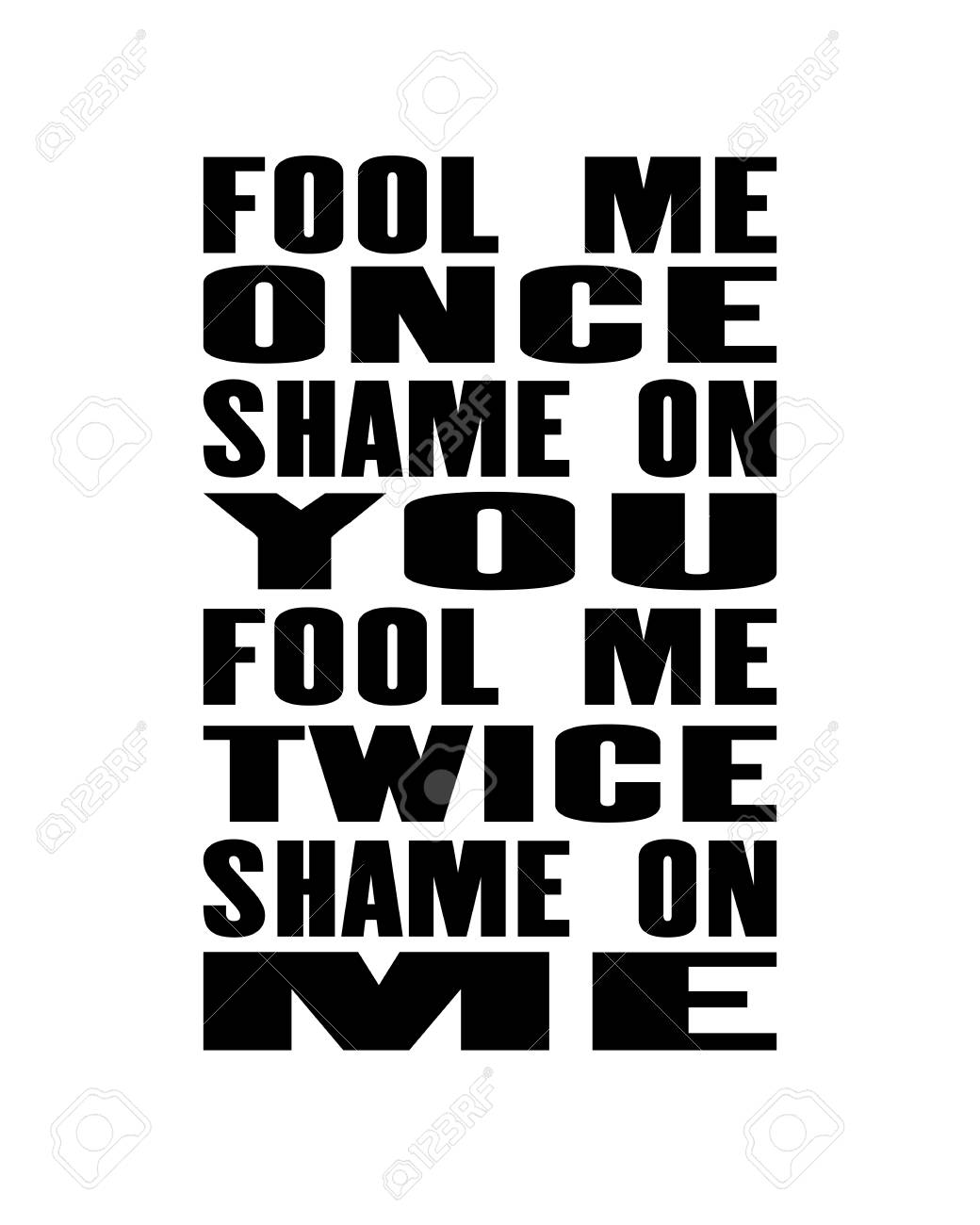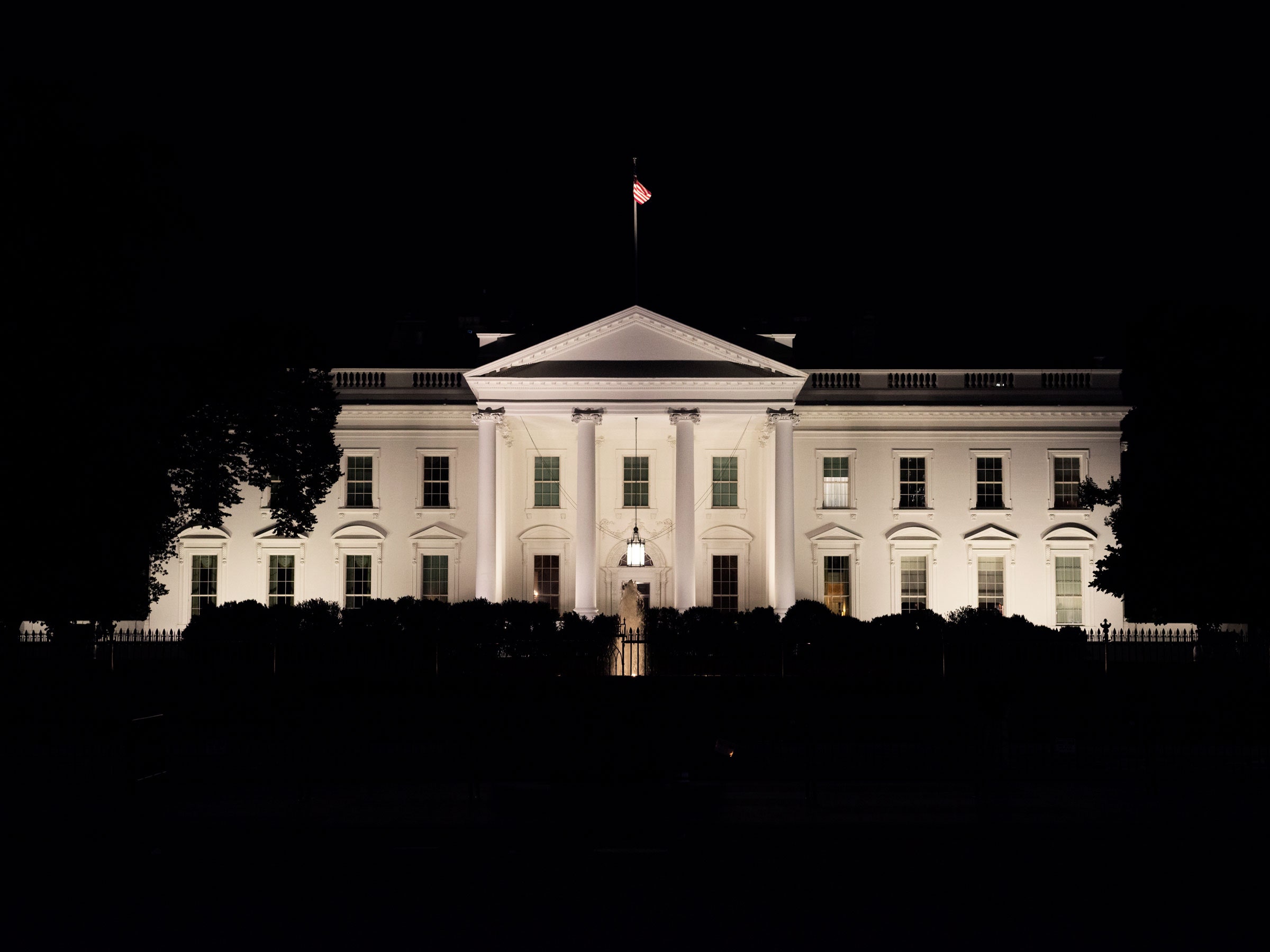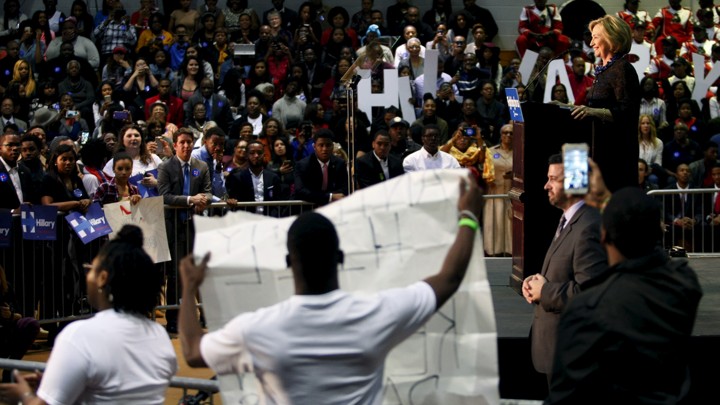New internet accounts are Russian ops designed to sway U.S. voters, experts say
BY TIM JOHNSON
tjohnson@mcclatchydc.com
June 01, 2018 09:10 AM
WASHINGTON - A new Russian influence operation has surfaced that mirrors some of the activity of an internet firm that the FBI says was deeply involved in efforts to sway the 2016 U.S. elections, a cybersecurity firm says.
A website called usareally.com appeared on the internet May 17 and called on Americans to rally in front of the White House June 14 to celebrate President Donald Trump’s birthday, which is also Flag Day.
FireEye, a Milpitas, Calif., cybersecurity company, said Thursday that USA Really is a Russian-operated website that carries content designed to foment racial division, harden feelings over immigration, gun control and police brutality, and undermine social cohesion.
The website’s operators once worked out of the same office building in St. Petersburg, Russia, where the Kremlin-linked Internet Research Agency had its headquarters, said Lee Foster, manager of information operations analysis for FireEye iSIGHT Intelligence.
Special Counsel Robert Mueller’s team indicted 13 Russians, the Internet Research Agency and two other Russian entities Feb. 16, charging them with operating a “troll factory” to sow discord in the United States and influence the outcome of the 2016 presidential election.
The indictment says the Russians posted divisive and politically charged content on U.S. social media, including false stories, and posed as U.S. activists as part of a broad campaign “to interfere with the elections and political processes.” Twelve of the indicted Russians worked for the Internet Research Agency.
“We’re not saying it (USA Really) is the Internet Research Agency but there are a number of indicators that suggest it is,” Foster said.
The U.S. intelligence community has concluded that Russia launched similar campaigns to disrupt the 2016 presidential campaign and sway it in Trump's favor. Mueller is investigating whether the Trump campaign was involved with those efforts. Trump has repeatedly and sharply denied such allegations, calling Mueller's investigation a "witch hunt."
The new website’s banner declares in English: “America will wake up on June 14th!” It carries a drawing of the White House and a fluttering U.S. flag as a backdrop.
Foster said the site has over 100 articles and they are posting an average of nine articles a day.
Russians involved in the website work for the Federal News Agency, which is known by its Russian acronym FAN and closely follows the Kremlin line on international issues. Ownership of the agency is not publicly known.
The new website may be part of a pending broader campaign, Foster said.
“There are a bunch of other domains as well that play on USA Really that we are monitoring that haven’t launched,” he said.
But so far, he said, Russians haven’t been pushing the website and its stories using robotic networks, or botnets, to promote them on social media, and they may be holding back. The House intelligence committee recently released thousands of Facebook posts that they said were Russian creations.
USA Really has created a Facebook page and a Twitter account. On Friday afternoon, after a McClatchy reporter queried Facebook about the USA Really page, the company said it disabled it. The Twitter account remained active, with 385 followers.
“They may also be contemplating what risks are involved if we were able to positively ID Russia trying to influence the 2018 mid-terms. To what extent does that undermine denials about 2016 activity? I’m sure that’s something that’s playing around in their minds as well,” Foster said.
Foster spoke along with other FireEye researchers at the end of the Fifth Annual Government Forum on Cyber Threat Intelligence, which the company partly sponsored.
Russian hackers and internet operatives have meddled in elections in eastern and western Europe, often with the purpose of discouraging voters rather than swaying the vote, said John Hultquist, director of intelligence analysis at FireEye iSIGHT.
“It’s not always easy to change an outcome (of an election) but they can delegitimize the process and create doubt,” Hultquist said.
The USA Really website contains a mix of articles taken from U.S. sources or carrying a USA Really credit and written in poor English. One article suggested that Louisiana should secede. Louisiana’s economy would still place it 45th out of 211 countries around the world, it said.
Another article said rabid squirrels were terrorizing Florida. One headline suggested that the U.S. government is preparing for World War III.
“New bloodshed in Wisconsin. Thousands of victims,” read the headline of one article that was actually about a mosquito invasion.
A posting from May 25 said the “USA Really” campaign officially starts on June 14 with the slogan, “USA as it is.”
“We invite all Americans - all who cares(sic) about the country - to celebrate this. Come up to the White House on June 14th at 2:00 p.m. to congratulate America,” it said.
A short YouTube video posted April 17, purportedly from the Federal News Agency, said USA Really “will focus on promoting information and problems that are hushed up by major American publications controlled by the U.S. political elite.”
Read more here: http://www.mcclatchydc.com/news/nat...299529.html#cardLink=row2_card1#storylink=cpy
.
BY TIM JOHNSON
tjohnson@mcclatchydc.com
June 01, 2018 09:10 AM
WASHINGTON - A new Russian influence operation has surfaced that mirrors some of the activity of an internet firm that the FBI says was deeply involved in efforts to sway the 2016 U.S. elections, a cybersecurity firm says.
A website called usareally.com appeared on the internet May 17 and called on Americans to rally in front of the White House June 14 to celebrate President Donald Trump’s birthday, which is also Flag Day.
FireEye, a Milpitas, Calif., cybersecurity company, said Thursday that USA Really is a Russian-operated website that carries content designed to foment racial division, harden feelings over immigration, gun control and police brutality, and undermine social cohesion.
The website’s operators once worked out of the same office building in St. Petersburg, Russia, where the Kremlin-linked Internet Research Agency had its headquarters, said Lee Foster, manager of information operations analysis for FireEye iSIGHT Intelligence.
Special Counsel Robert Mueller’s team indicted 13 Russians, the Internet Research Agency and two other Russian entities Feb. 16, charging them with operating a “troll factory” to sow discord in the United States and influence the outcome of the 2016 presidential election.
The indictment says the Russians posted divisive and politically charged content on U.S. social media, including false stories, and posed as U.S. activists as part of a broad campaign “to interfere with the elections and political processes.” Twelve of the indicted Russians worked for the Internet Research Agency.
“We’re not saying it (USA Really) is the Internet Research Agency but there are a number of indicators that suggest it is,” Foster said.
The U.S. intelligence community has concluded that Russia launched similar campaigns to disrupt the 2016 presidential campaign and sway it in Trump's favor. Mueller is investigating whether the Trump campaign was involved with those efforts. Trump has repeatedly and sharply denied such allegations, calling Mueller's investigation a "witch hunt."
The new website’s banner declares in English: “America will wake up on June 14th!” It carries a drawing of the White House and a fluttering U.S. flag as a backdrop.
Foster said the site has over 100 articles and they are posting an average of nine articles a day.
Russians involved in the website work for the Federal News Agency, which is known by its Russian acronym FAN and closely follows the Kremlin line on international issues. Ownership of the agency is not publicly known.
The new website may be part of a pending broader campaign, Foster said.
“There are a bunch of other domains as well that play on USA Really that we are monitoring that haven’t launched,” he said.
But so far, he said, Russians haven’t been pushing the website and its stories using robotic networks, or botnets, to promote them on social media, and they may be holding back. The House intelligence committee recently released thousands of Facebook posts that they said were Russian creations.
USA Really has created a Facebook page and a Twitter account. On Friday afternoon, after a McClatchy reporter queried Facebook about the USA Really page, the company said it disabled it. The Twitter account remained active, with 385 followers.
“They may also be contemplating what risks are involved if we were able to positively ID Russia trying to influence the 2018 mid-terms. To what extent does that undermine denials about 2016 activity? I’m sure that’s something that’s playing around in their minds as well,” Foster said.
Foster spoke along with other FireEye researchers at the end of the Fifth Annual Government Forum on Cyber Threat Intelligence, which the company partly sponsored.
Russian hackers and internet operatives have meddled in elections in eastern and western Europe, often with the purpose of discouraging voters rather than swaying the vote, said John Hultquist, director of intelligence analysis at FireEye iSIGHT.
“It’s not always easy to change an outcome (of an election) but they can delegitimize the process and create doubt,” Hultquist said.
The USA Really website contains a mix of articles taken from U.S. sources or carrying a USA Really credit and written in poor English. One article suggested that Louisiana should secede. Louisiana’s economy would still place it 45th out of 211 countries around the world, it said.
Another article said rabid squirrels were terrorizing Florida. One headline suggested that the U.S. government is preparing for World War III.
“New bloodshed in Wisconsin. Thousands of victims,” read the headline of one article that was actually about a mosquito invasion.
A posting from May 25 said the “USA Really” campaign officially starts on June 14 with the slogan, “USA as it is.”
“We invite all Americans - all who cares(sic) about the country - to celebrate this. Come up to the White House on June 14th at 2:00 p.m. to congratulate America,” it said.
A short YouTube video posted April 17, purportedly from the Federal News Agency, said USA Really “will focus on promoting information and problems that are hushed up by major American publications controlled by the U.S. political elite.”
Read more here: http://www.mcclatchydc.com/news/nat...299529.html#cardLink=row2_card1#storylink=cpy
.






